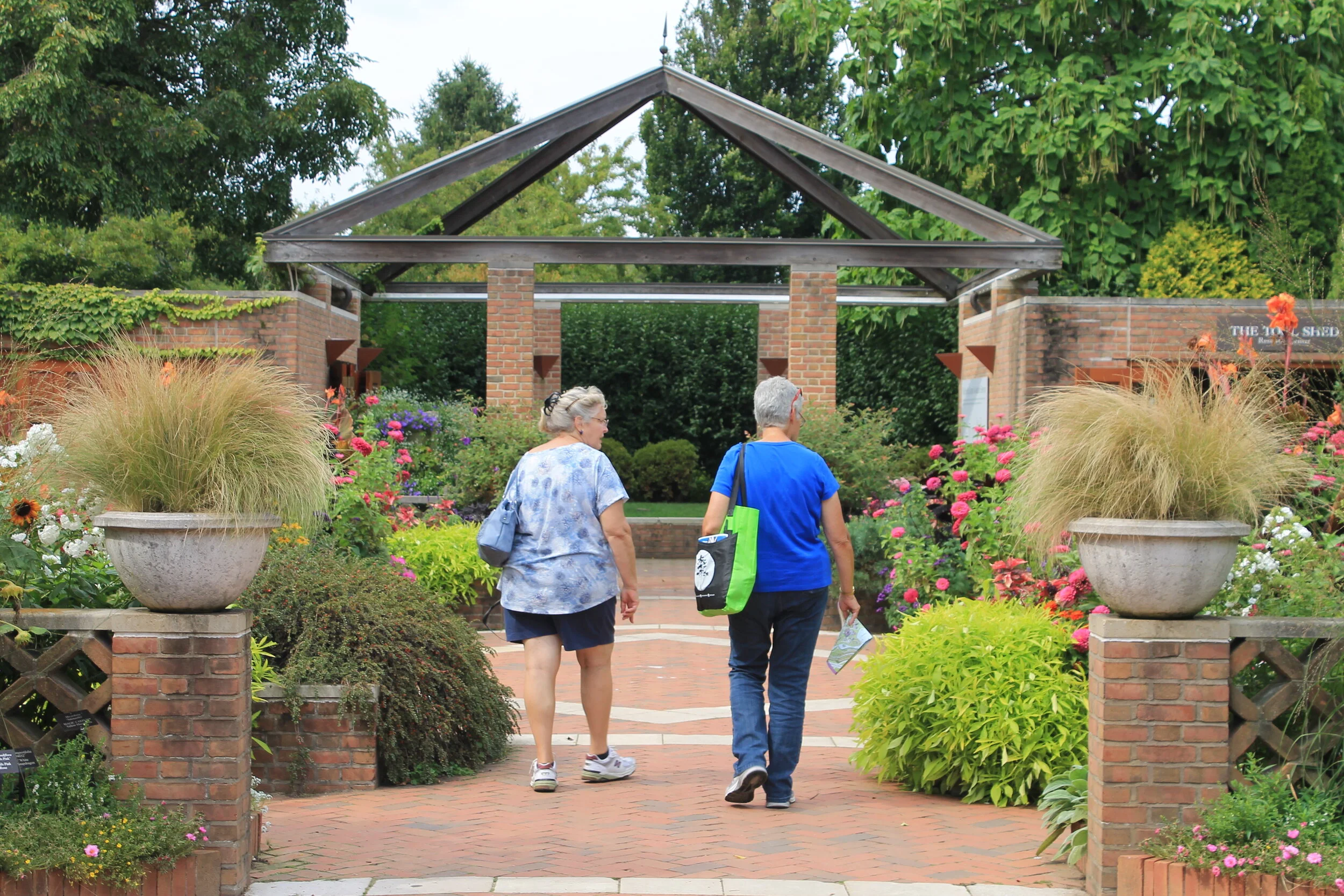Growing up, your parents cared for you and got you to doctor's appointments and after-school activities, looked after you when you were sick, and so much more. If you choose to have a family, you get to play that role in your own children's lives. However, there comes a time when your kids start leaving the nest, which will likely give you the opportunity to return the favor by looking out for your aging parents.
Caring for aging parents can be even more difficult if they need extra assistance or have a health condition. This is especially true when you have your own family, job, and responsibilities to worry about. Sometimes, it’s nearly impossible to provide all the support your parent needs and balance your own commitments as well.
At some point, you’ll need to start taking their needs and capabilities into consideration and discuss the best path forward. Usually, this involves different senior living options, like assisted living or independent living. But, talking to parents about aging isn’t always simple. In this article, we’ll explain how you can start the conversation with your aging parents about moving to a retirement community.
How to Talk to Aging Parents About Assisted Living or Independent Living in a Retirement Community
Research Living Options
The first step you should take when you are looking to start the conversation with your aging parent(s) about moving to a retirement community is to research the different senior living options in your area. There are many different options for senior living, including independent living, assisted living, and nursing homes. You’ll need to keep the specific needs of your parent(s) in mind as you learn about what each living option offers. Luckily, many retirement communities offer more than one type of service at their locations.
Knowing the different options available to your parent(s) is important because it will ensure that you are prepared to have a discussion about moving to a retirement community—both with your parent(s) and with your other family members.
Talk with Other Family Members
The next step you should take is to talk with your other family members. This usually includes your siblings, in-laws, and anyone else who plays a role in supporting your parents. Talk to them about what they think is best for your aging parent. It’s important to make sure you are all on the same page so you’re not the only one planning for this change. It can lead to fighting in the family when there are two different sides with differing opinions about what to do.
Discuss the living options for your parent(s) with these family members—the pros, cons, and everything that the move would entail. Two of the keys to a strong family are communication and problem-solving, so be sure to include your other family members in the decision-making process and keep them in the loop. This way, you will be unified in your decision and be able to better help your parent(s).
How to talk to your aging parents about planning for their future will depend on their individual personalities and your relationship with them, so working together will be the best option. Rehearsing the conversation with your family members before actually talking with your parent(s) can help you prepare for their responses and questions. It will also give you a plan and guarantee you are all on the same page.
Plan a Time to Talk to Your Parent(s)
Once you’ve researched the different senior living options and discussed everything with your other family members, you should plan a time to talk to your parent(s). You don’t need to go into the details of what you want to talk about, but let them know you would like to have a serious discussion with them. Giving them advance notice will ensure that they aren’t busy or focused on something else. It will also prevent them from feeling blindsided and give you the best opportunity to get through to them.
It’s also incredibly important not to wait until after a crisis happens to start the conversation or initiate the move. If you wait until there’s an emergency, it can add additional stress to your parent(s) and the rest of the family. This can also make the move feel more like a requirement and less like a choice. That’s why you should try to plan a time to talk to your parent(s) as soon as possible to get the ball rolling.
Start the Conversation
After completing all of the other steps, it’s finally time to sit down with your parent(s) and start the conversation about moving to a retirement community. Here are some tips for how to talk to your aging parent(s) to make sure the conversation is productive and well-received:
Ease into it
First, make sure to frame the conversation as a talk about their future and make them understand you are coming from a place of care for them. No decisions need to be made right away, though. You just want to have a discussion.
It’s also important that you don’t make them feel pressured or overwhelmed with too much information at once. Simply start the conversation and see where it goes. You also want to stress that you value their independence, and want them to be an active part of the process and ultimate decision.
Focus on the positives
Next, you should focus on all of the positives that come with living in a retirement community. These include things like:
Maintenance-free living
Fewer responsibilities—including cooking, cleaning, and transportation
Living among your peers and indulge in your interests
Secure housing
Taking more vacations and day trips
24/7 support staff
Access to the care you need (if any)
Address your issues and concerns
Calmly explain why you think it’s time for your parent(s) to consider a move to a retirement community. Be sure to bring up any issues or concerns that are factoring into your decision. If your parent has a health issue, you should talk to them as soon as possible before there’s an emergency. If this is the case, it can also be very helpful to talk to your parent’s doctor and get their opinion. Whatever the reasons are, reassure your parent(s) that you want to do what is best for them.
Listen to what they say
It’s crucial to also listen to what your parent(s) have to say and make them feel heard. Usually, they’ve spent most of their life in the house they are living in, so it’s hard for them to imagine leaving. The idea of starting over may scare them. Just like you voiced your issues and concerns, let them do the same.
Make it an ongoing discussion
As mentioned earlier, you don’t have to make a decision right away. Continue to talk to your parent(s) about the prospect of moving to a retirement community. For some families, it takes years for a parent to agree to the change. You can also offer to take them on a tour of a nearby retirement community so they can see what it’s actually like and get a sense of what their life would be like there.
Keep them involved
Keep your parent(s) involved in any further discussions or plans regarding a retirement community. If they’ve agreed to the move, then let them be a part of every step of the transition to senior living. They’ll feel more comfortable with the change if they are included.
Starting the conversation with your parent(s) about moving to a retirement community isn’t always easy or comfortable, but it can be what’s best for them in the long run. Hopefully, they’ll even be able to join us at Pines Village Retirement Communities!
Pines Village Retirement Communities, Inc. is a nonprofit senior living community in Valparaiso, Indiana, with two campuses: Pines Village and Meridian Woods. The Pines Village campus offers pet-friendly independent living apartments with the option to add assistive services à la carte or in packages. The Meridian Woods campus consists of maintenance-free paired homes and Campbell St. Cafe, which, in addition to being a restaurant open to the public, hosts events and acts as a meeting space for residents and local nonprofits.
At Pines Village, we celebrate life by enriching the lives of older adults. We pride ourselves on our culture, which is driven by a passion for serving the residents, visitors, and staff of Pines Village as well as the greater Valparaiso community. Explore our senior apartment availability, learn more about our assisted living options, or contact us with any questions today!



